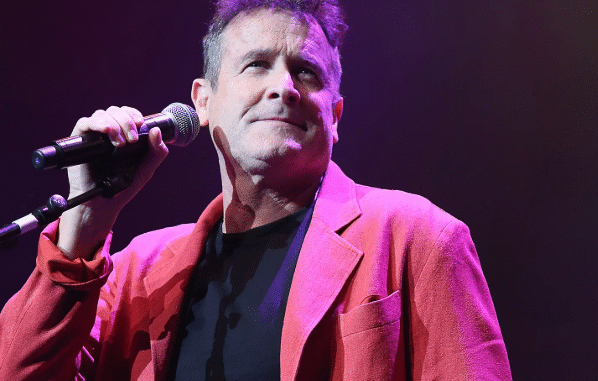
Johnny Clegg was a South African musician, dancer, and activist. He was known as the “White Zulu.” His music blended Zulu rhythms, Afrobeat, and Western pop. He used his songs to fight apartheid and celebrate African culture. He was more than a performer. He was a symbol of unity and resistance.
Early Life
Johnny Clegg was born in 1953 in Bacup, England. His family moved to South Africa when he was a child. He grew up fascinated by Zulu music and dance. As a teenager, he learned Zulu language, songs, and traditional dances.
This shaped his lifelong musical journey.
Musical Beginnings
In the 1970s, Clegg formed Juluka with Zulu musician Sipho Mchunu. The group was unusual: a mixed-race band during apartheid. Juluka blended Zulu music with rock and folk influences.
Their music was both rhythmic and melodic. Songs like “Scatterlings of Africa” gained international attention.
After Juluka, he formed Savuka in the 1980s. Savuka combined African percussion, Western pop, and dance rhythms. The band’s music reached audiences worldwide.
Major Albums
-
Universal Men (1982) – Early album with Juluka; anti-apartheid themes.
-
Scatterlings of Africa (1982) – International breakthrough; African rhythms and storytelling.
-
Third World Child (1987) – First Savuka album; modern Afrobeat influences.
-
Cruel, Crazy, Beautiful World (1989) – Songs of love, struggle, and African unity.
-
Heat, Dust and Dreams (1993) – Celebrated African culture and dance.
-
Johnny Clegg & Savuka Live (1992) – Captured live energy and rhythm.
Scatterlings of Africa (1982)
The album blended Zulu music with Western pop. It became an international hit. The rhythms, lyrics, and harmonies introduced global audiences to South African music.
Third World Child (1987)
This Savuka album mixed Afrobeat and Western pop. It addressed apartheid but also celebrated African identity.
What Made Him Different
-
He was white but embraced Zulu culture.
-
Mixed African rhythms with Western music.
-
Used music for activism and anti-apartheid messages.
-
Combined singing, dancing, and storytelling.
-
Stayed authentic without chasing trends.
He broke cultural and racial barriers in music.
Who Listened to Him
-
Fans of African music and Zulu rhythms.
-
Activists and freedom supporters.
-
World music enthusiasts.
-
People who loved music with both dance and meaning.
His audience valued rhythm, culture, and social message.
Collaborations
Johnny Clegg worked with:
-
Sipho Mchunu – Co-founder of Juluka; lifelong collaboration.
-
Savuka band members – Multi-racial South African musicians.
-
International artists during tours.
His collaborations focused on African rhythms and cultural unity.
Activism
Clegg opposed apartheid through music and dance. He performed banned concerts in South Africa. His lyrics highlighted racial injustice. He believed music could bring people together across divides.
Later Years and Legacy
Johnny Clegg continued performing until his death.
He received awards for music and social activism.
He died in 2019 at age 66.
Legacy highlights:
-
Pioneer of Zulu-influenced music and Afrobeat fusion.
-
Cultural bridge between races in apartheid-era South Africa.
-
Influenced global audiences with African music.
-
Mentor and inspiration for African and world musicians.
Words
Johnny Clegg was more than a musician. He was a symbol of unity and resistance. His music mixed African and Western styles. His songs carried African culture to the world.
For anyone exploring African music, Zulu rhythms, or Afrobeat, Johnny Clegg is essential listening.
Leave a Reply